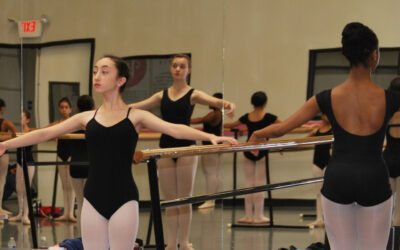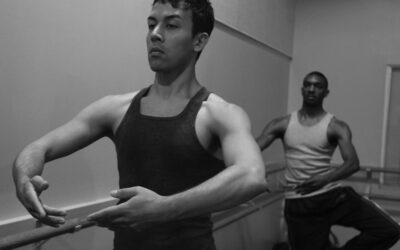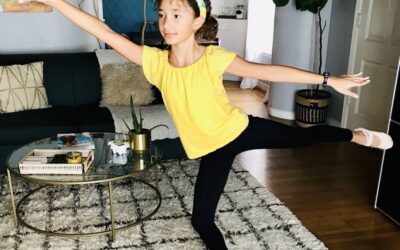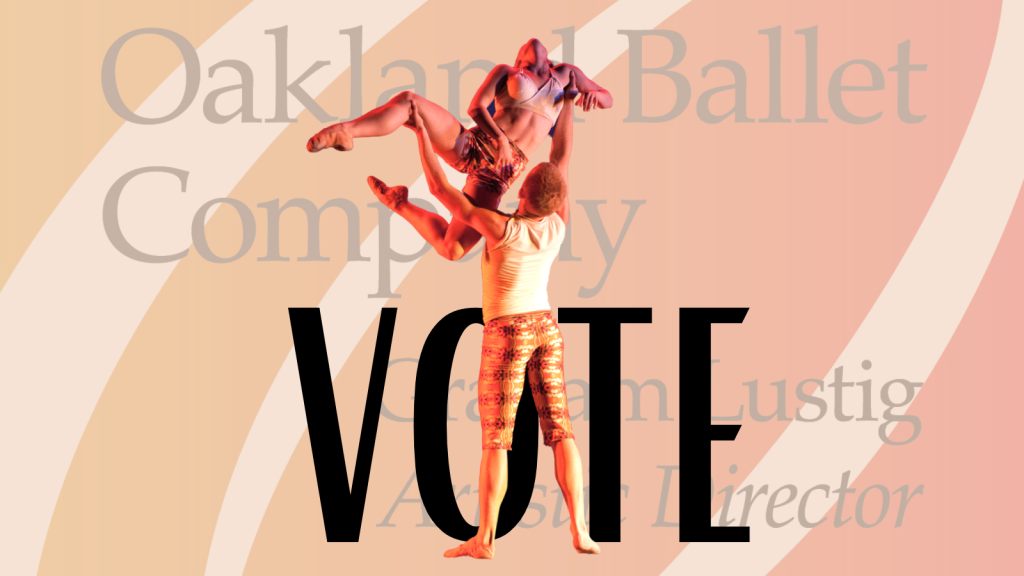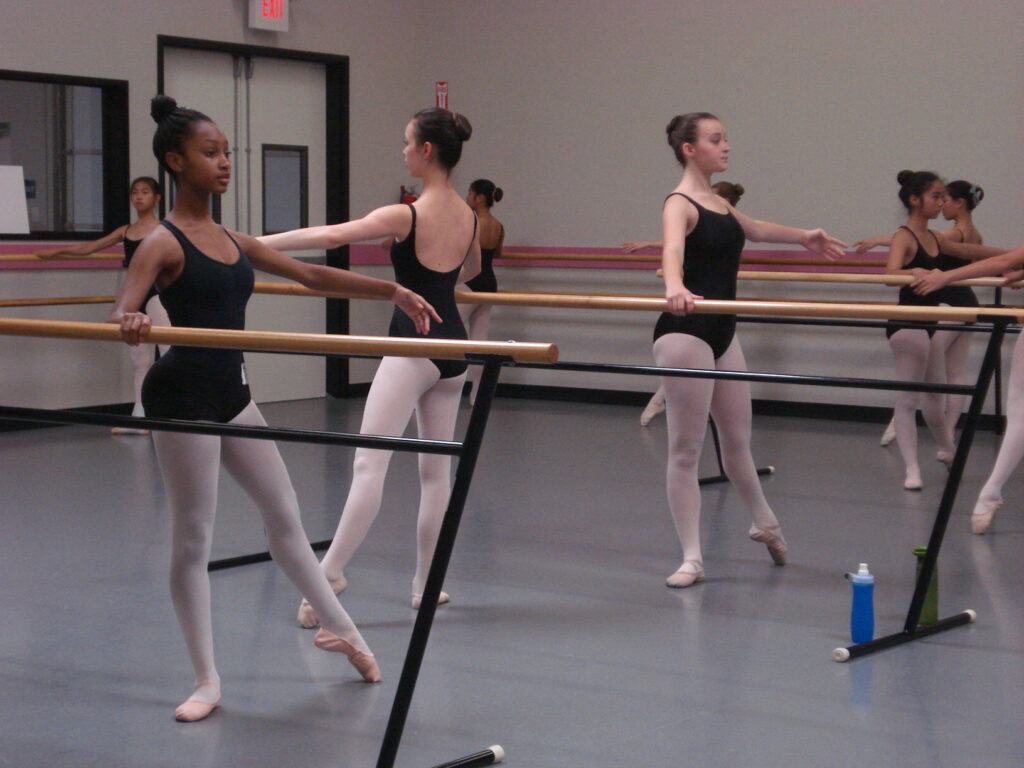
You took your young child to ballet but you never expected they would stay engaged so long. Now you find yourself with a serious ballet student trying to navigate the world of summer programs. What to do? Here are some tips any ballet parent must learn in order to swim the ballet waters and make the best decisions for their young dancer.
Educate yourself
Probably the most important thing you can do is begin to educate yourself. You don’t need to take a class or become an expert, but reading up a bit can go a long way in trying to understand the training and the trajectory of a young dancer with professional aspirations. Ask other parents about their child’s experience with a program you are considering. If it’s a parent who has been in the game a while, they may have quite a lot to say. Listening helps too. You would be surprised how much your child knows. Let them tell their stories from class and explain the knowledge you lack. You’ll find yourself on a fascinating journey of the burgeoning adult you have.
Find a teacher you trust and hear their opinions
Seek the advice of someone who knows. A trusted teacher will have knowledge of the programs available and where your young dancer might flourish the most. Listen to the places they suggest and why they see them as good options, then do your own research. How do you know if your student’s teacher is knowledgeable? Look around the room. Are students improving, receiving attention in the way of corrections? Does everyone receive the attention or just a select few? How is their manner with the students? Do they have demonstrated experience in developing students over time? These are all good indicators of the level of instruction your dancer is receiving.
Listen but don’t follow the crowd
Pay attention to where other students have gone but evaluate and decide on your own. Opinions of course vary and what may be important to one student may not to another. One size does not fit all but listening to what others are doing may be a place to begin your discovery of the possibilities available. A word of caution about online parent groups. They are filled with varied and strong opinions which can be difficult to navigate due to the subjective nature of each child’s experience and can offer misleading information.
Number of classes per day
Don’t be seduced by big names and glamorous programs. A summer program is about learning and growth, specifically dedicating time to dance that would otherwise be taken up with things like school. They don’t call them intensives for nothing. You can see some real growth in a good intensive but there needs to be a focus on the classes. How many do they receive each day? You want your student engaged and busy. Sure, there should be a work/play balance but if a program has only 1 or 2 classes each day, it isn’t enough. They should not be all ballet classes either. A good program will provide a variety of classes to broaden the student’s horizons. Ballet may be the focus but they should also cultivate a well-rounded dancer with classes in modern, contemporary, jazz, choreography, Pilates, conditioning, and other complimentary styles. Look for a good ratio of cost to experience.
Not a series of masterclasses
It is important that the students work with a teacher with regularity. If the teachers are constantly shifting, it leaves little opportunity for teachers and students to understand each other enough for the real work to take place. A summer intensive should not be a series of masterclasses. Masterclasses are great but real improvement comes for committing to a teacher and regularly training with them.
Smaller class size
Some schools have a reputation for running their entire year off the money they make from their summer program. This results in overcrowded classes with little to no attention on the students and their progress. Not what you want. You want a place where the teachers learn the student’s names, all of them. They will also need room to move. You want a program where there are full classes but not crowded classes. This is an area where it helps to know someone who has attended the program.
Don’t worry about Level or Placement
The students become obsessed with placement and subsequently the parents. Truthfully, you can learn in any level. It will not be “too easy.” Encourage your young dancer to swallow their pride and recognize they may not be as advanced as they thought. The more they can focus on their improvement and growing each day, the better experience they will have. Parents can do a lot to groom this idea in their dancer.
Performance should be a part of included
It isn’t all about technique, stage craft is a huge part of the experience. If your young dancer thinks they may want to be a professional, then getting some performing experience over the summer is important. Many programs will teach variations which is useful but they will not usually perform those variations on a stage. Often the programs finish with a performance but often crowd a bunch of students onstage together in a “piece”. If you can find a program where the students are coached in the works they will perform, the experience will be incredibly valuable to your young artist. Likewise, avoid programs where the focus is on the performance. You want your student to gain skills they can use wherever dance takes them not learning their way through a routine that doesn’t elevate their technique.
Explore creativity
Many programs have started to engage the student’s creativity by giving them the tools and the opportunities to create. This is really wonderful. Young people need to be encouraged to develop their voices. Their journey to adulthood is about discovering who they are and nothing does that better than asking them to create. It is a very empowering process. Learning the craft of choreographing will help them better understand the works they dance and develop a new way of seeing dance. It isn’t about creating choreographers but more about building confidence. We all want the best for our children and helping them explore their dreams is one of the ways we do that. Summer programs offer a great opportunity for aspiring dancers to learn, improve, and have fun. They are an investment in terms of money, experience, and time so you want to make solid decisions about where your student spends their time. Don’t be daunted by the unknown, ask questions, listen, and discover. There are so many programs out there that you are sure to find one that meets the needs of your young dancer.



